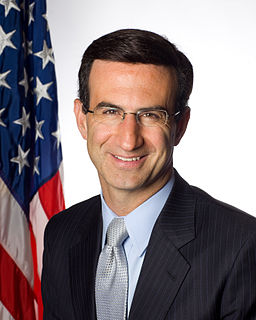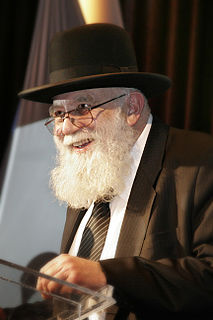A Quote by Anne Wojcicki
I don't necessarily want my physician making all my decisions.
Quote Topics
Related Quotes
What I learned from my work as a physician is that even with the most complicated patients, the most complicated problems, you've got to look hard to find every piece of data and evidence that you can to improve your decision-making. Medicine has taught me to be very much evidence-based and data-driven in making decisions.
If we decide rightly what to do, or use a correct procedure for making such decisions, that has to be because the decisions or the procedure rest on good reasons, and these reasons consist in the apprehension of truths about what we ought to do. Because these truths must constitute reasons for our decisions, and because in the rational order, reasons must always precede the decisions based on them, the truth conditions of claims about what we ought to cannot be reduced to, or constructed out of, decisions about what to do, or procedures for making such decisions.
I had an assistant for a hot minute, because that was offered to me. And literally, after a day I was like, "I don't like this. I don't like someone else making the decisions that I should be making." I'm very busy, yes, but I'm not so busy that I can't make my own decisions. I want people to contact me directly about what time I'm being picked up in the morning.




































